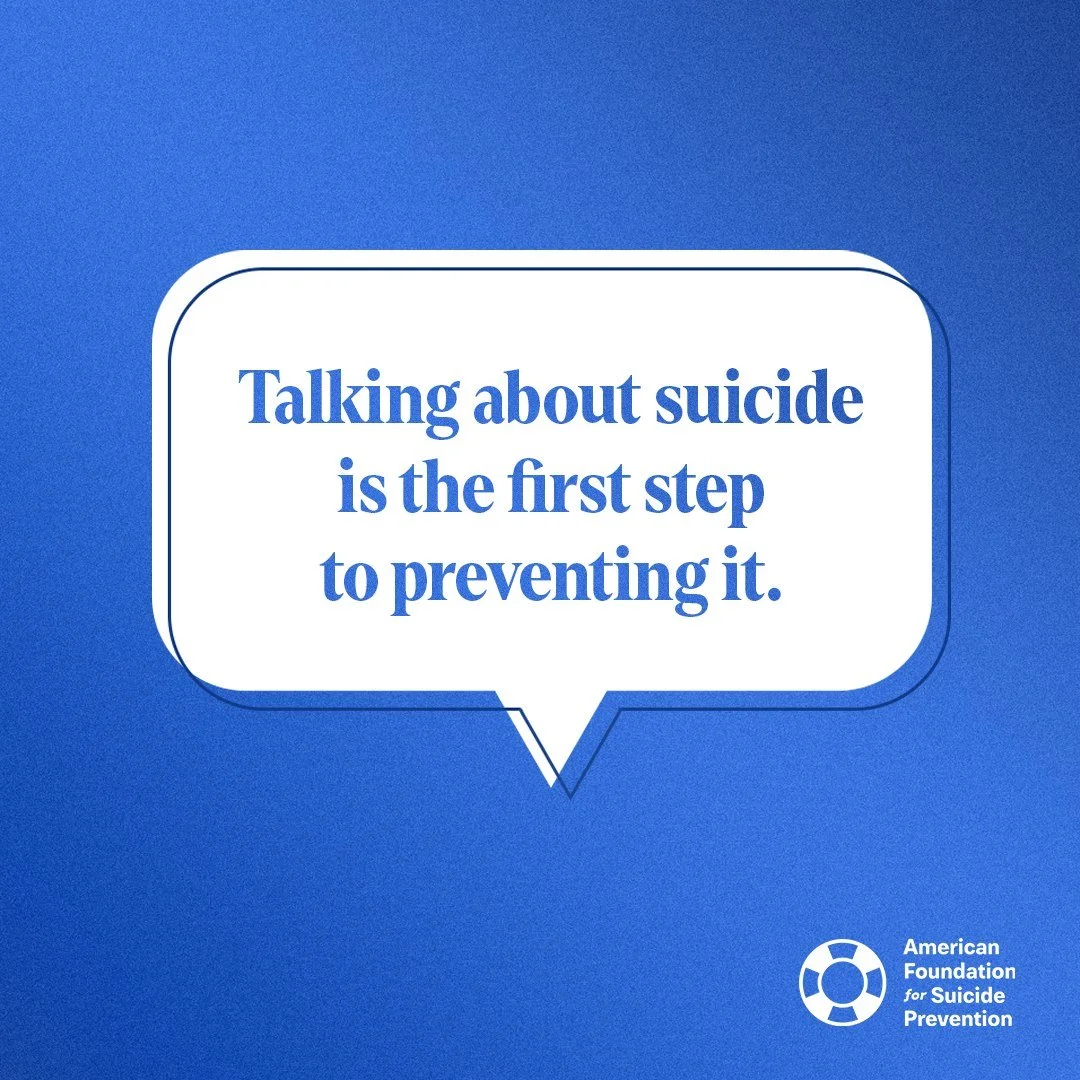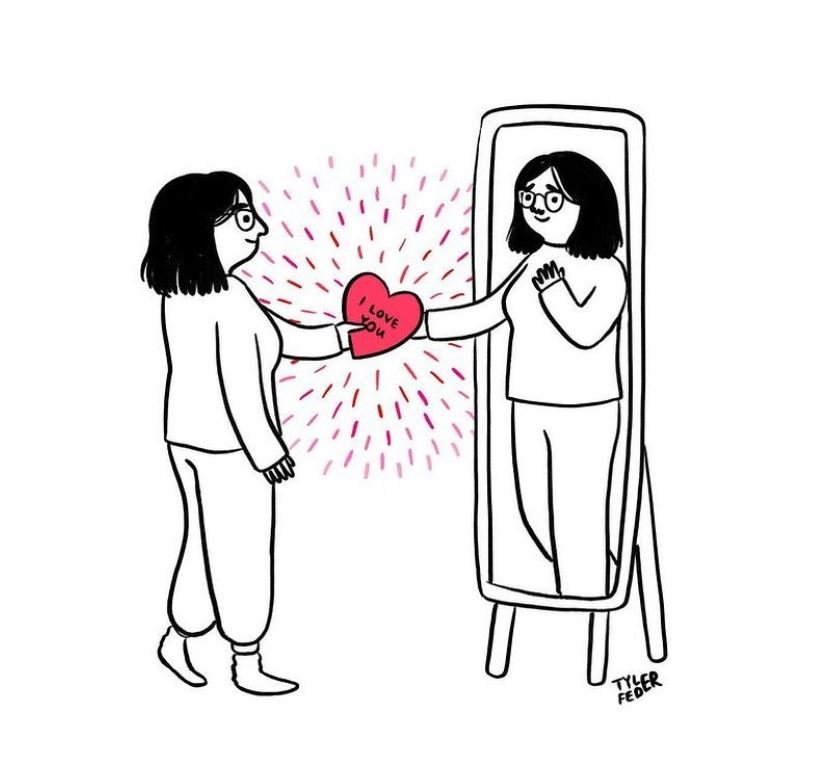
Blog
Suicide Prevention and Awareness
September is National Suicide Prevention and Awareness Month. According to the American Foundation for Suicide Prevention, suicide is the 11th leading cause of death in the United States.
Journaling for Mental Health
Writing down your thoughts and feelings can benefit your mood and mental health.
How To Master Your Mind
We have little control over the thoughts that pop into our minds but we can learn to change how we relate to our thoughts.
Initiative vs. Guilt
People with higher levels of initiative may feel more empowered and in control of their daily lives whereas people with a high level of guilt may lack confidence, experience low self-worth, and have greater difficulty setting and accomplishing goals.
The Hedonic Treadmill
The hedonic treadmill, which is also known as hedonic adaptation, is the idea that people have a set level of happiness, and after increasing or decreasing in response to life events, happiness tends to return to the set level.
Stop Shoulding on Yourself
"Should thoughts" can create unrealistic expectations and a sense of pressure. Values based behavior that is not based on what sounds good or what someone else says creates more motivation. The next time you act or set a goal, check that expectations are realistic, balanced and based on your values.
Main Character Syndrome
Main Character Syndrome (MCS) describes the tendency to view yourself as the main character, often neglecting others’ needs, which can harm relationships and authenticity.
Keystone Habits
Keystone habits create positive ripple effects, enhancing routines, mindset, and well-being. Learn how small changes lead to transformative growth.
What is Trauma Bonding?
Trauma bonding may sound like two people connecting over a similar difficult experience. In actual fact, trauma bonding refers to the attachment someone feels toward someone who is being abusive or causing them harm.
Disordered Eating
Disordered eating involves behaviors and symptoms similar to eating disorders but with less severity and frequency, often including dieting. Dr. Nicole Cross will be leading an in-person, 12-week, Eating Disorder Skills Group starting on September 20, 2024 open to individuals with disordered eating and body image concerns.
Magnification and Minimization: A Cognitive Distortion
Magnification and minimization is a type of cognitive distortion where certain aspects of a situation are exaggerated while other aspects are downplayed or ignored.
The Association Between Body Image and Social Anxiety
Social Anxiety Disorder often overlaps with harshly judging one’s own physical appearance.
What Is Generational Trauma? Causes, Examples, and Breaking the Cycle
Generational trauma is trauma that extends from one generation to the next. We review some examples and discuss how to break the cycle of generational trauma.
The Importance of Going After What You Want
Our thoughts and feelings influence our behavior (and vice versa), and if you believe you can achieve a goal, you are more likely to put in the work to achieve it.
Leaning in to Slowing Down
Our society rewards productivity, and it is common to push ourselves constantly. The harmful effects of not slowing down can be insidious…
Promoting Perseverance
Perseverance is the ability to be persistent even when things are difficult, or there is no immediate success—in other words, to keep going. Perseverance can help you reach a meaningful goal, is an important predictor of achievement, and is a way to build self-confidence and a sense of capability.
All-or-Nothing Thinking
All-or-nothing thinking is a typical and common unhelpful thinking pattern that categorizes things into one of two extremes: in other words, all or nothing.
Cultivating Unconditional Self-Acceptance
Unconditional self-acceptance and worth are distinct from our abilities, accomplishments, or appearance. Self-acceptance is a practice that includes reframing negative thoughts and practicing personal values. It's a skill you can practice and strengthen over time.
What is Gaslighting and How to Respond to it?
According to Dr. Elisabeth Kubler-Ross, everyone experiences five stages of grief. Understanding these stages may shine some light on emotions you may be experiencing after a loss.
Stop Trying To Keep Up With The Joneses
It is natural to compare ourselves to others and to get caught in a mental comparison loop, and yet this seldom is beneficial. You may have heard the expression, “Comparison is the thief of joy.”




















